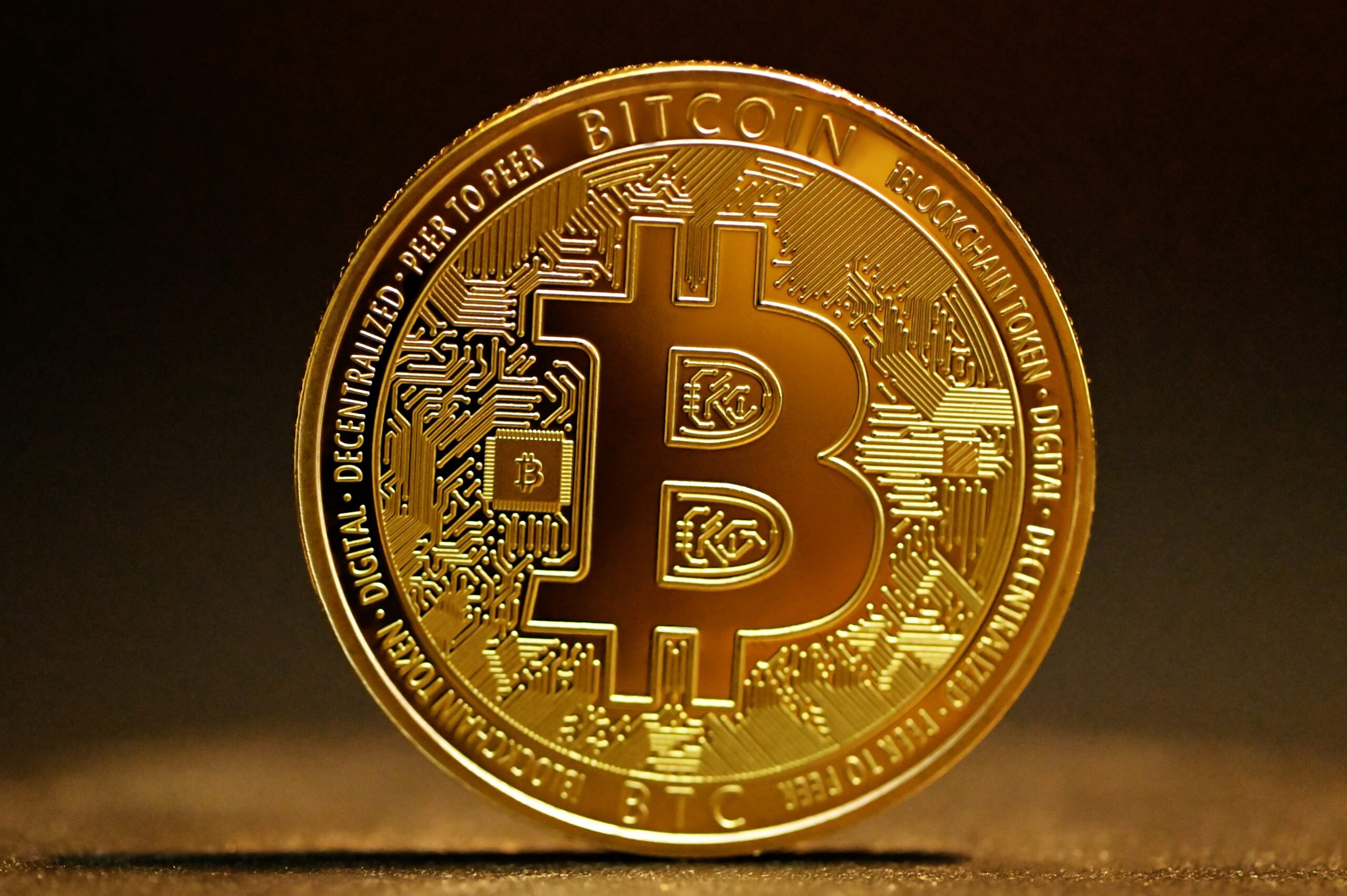The Wyoming Highway Workers Union is considering adding Bitcoin to its balance sheet, a bold and potentially historic move. Amid persistent inflation and questions about the diversification of financial reserves, this strategic choice raises questions about the relevance of cryptocurrencies for labor organizations. This article explores the potential motivations for this decision, the risks and opportunities it represents, and the implications for other organizations.
Wyoming: A Pioneering State for Crypto Adoption
Wyoming has already distinguished itself as a pro-crypto state by adopting laws that are favorable to businesses and digital asset technologies. This progressive stance has attracted many companies in the sector and positions the state as a center of innovation in the cryptocurrency space. The Wyoming Highway Workers Union is following this trend by exploring the possibilities offered by Bitcoin.
By choosing to add Bitcoin to its balance sheet, the union is potentially seeking to diversify its reserves and protect itself against inflation. Bitcoin, as a decentralized and limited asset, is often seen as a safe haven in times of economic uncertainty. This initiative could also be seen as a way to attract and engage members of the union who are interested in cryptocurrencies.
Risks and opportunities for the union and its members
Investing in Bitcoin carries risks, including market volatility and the risk of financial loss. The union will therefore need to put in place a prudent and transparent risk management strategy to protect the interests of its members. It is essential to define a maximum percentage of reserves to be invested in Bitcoin and to carefully monitor market developments.
However, this investment could also create opportunities for the union and its members. If the price of Bitcoin increases, the union could make significant gains and strengthen its financial position. In addition, this initiative could raise awareness of cryptocurrencies among members and provide them with new investment opportunities. The union could also use Bitcoin to make payments or transactions more efficiently and less expensively.








